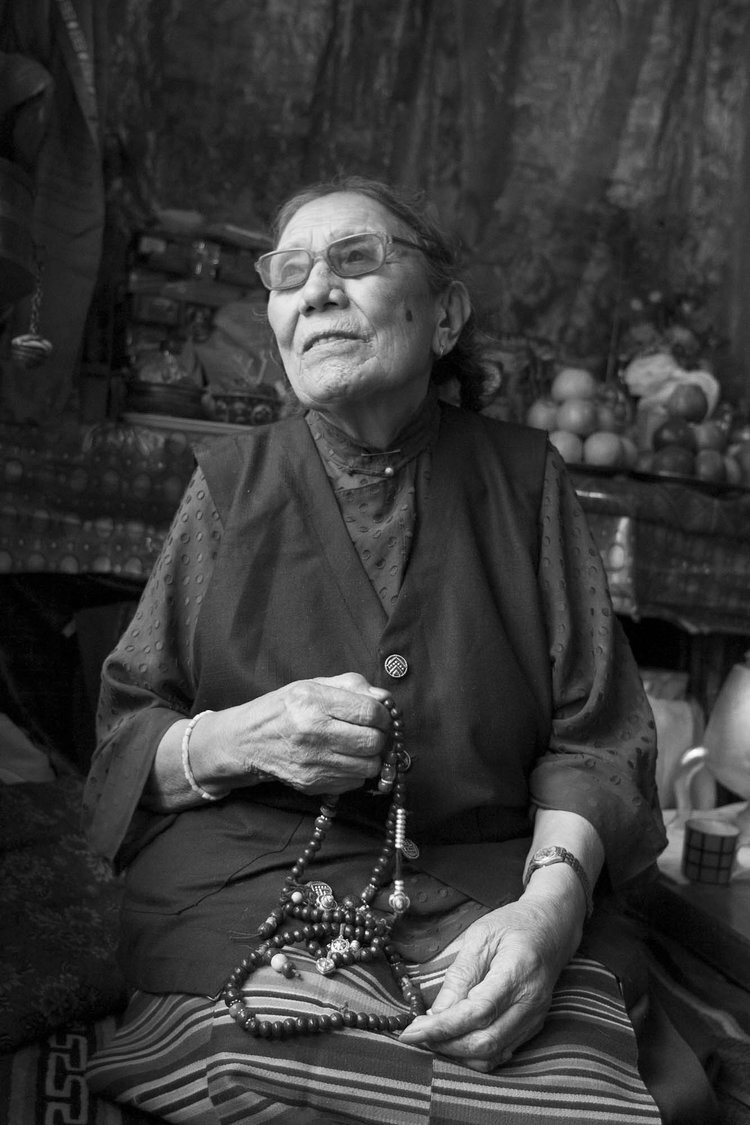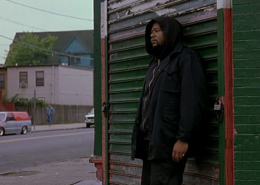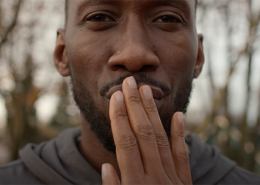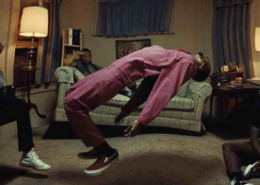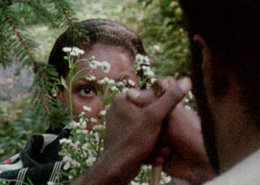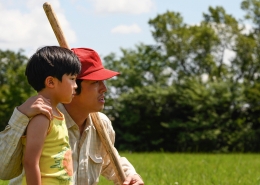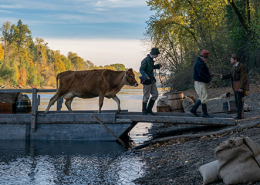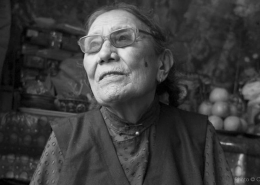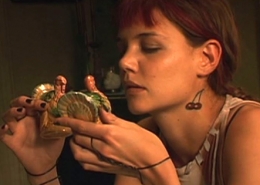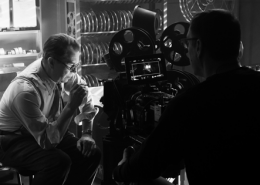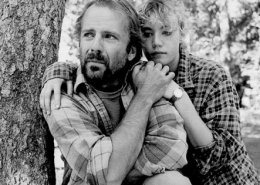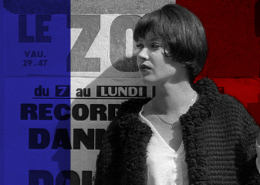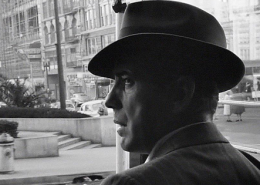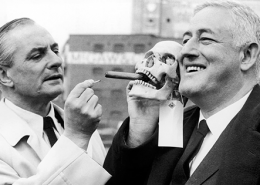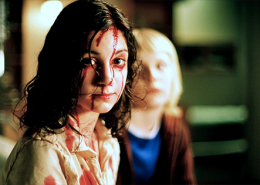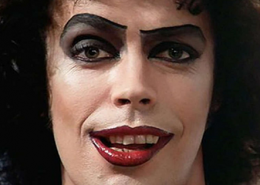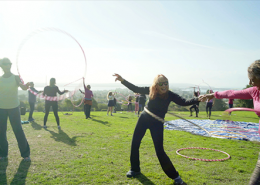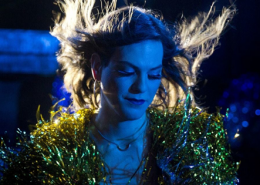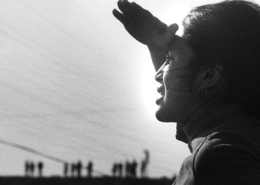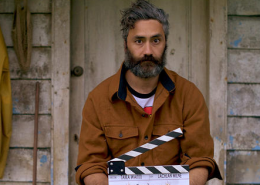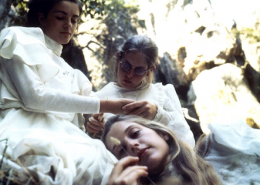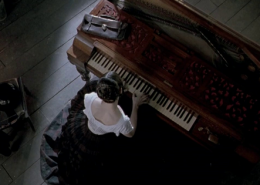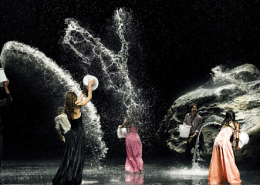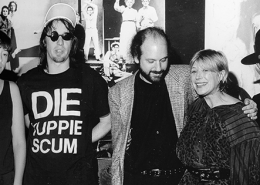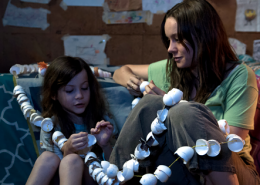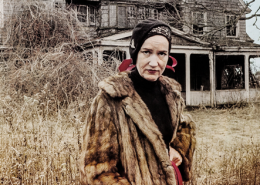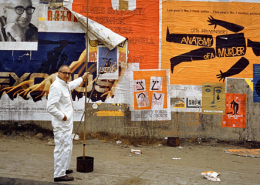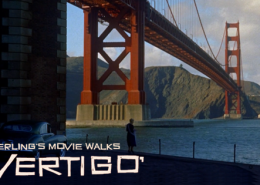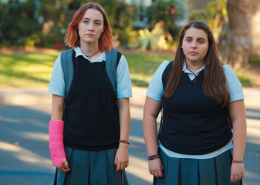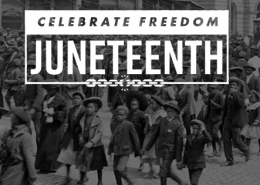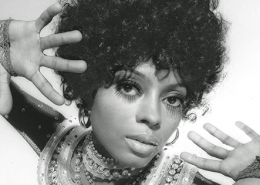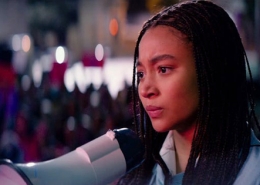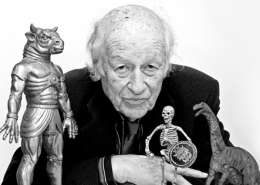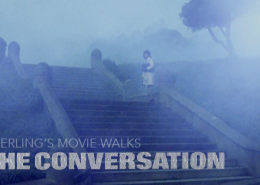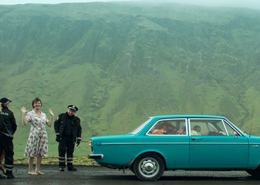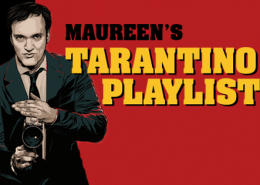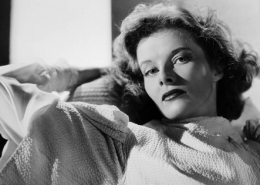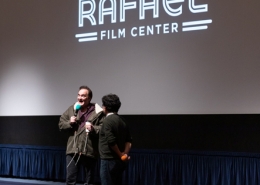Photo © Carey Russell
THANKSGIVING: MEETINGS WITH REMARKABLE ONES
One of the great gifts of this work of being a film curator is that we encounter people, both on screen and off, who are remarkable. And, in conversations and Q&As, we can be the conduit to bringing their stories out into our communities.
Ama Adhe was one such remarkable person, and her passing this August brought her to mind. Had it not been for Rosemary Rawcliffe’s 2008 film, Women of Tibet: A Quiet Revolution, I probably would not have heard of her. (Another gift of this work: the learning never ends.) She was a Tibetan freedom fighter, incarcerated by the Chinese government for more than two and a half decades. And, in her 80s, she came from the other side of the world to attend the film’s premiere at the Mill Valley Film Festival.
While here, she also spoke with a group of teens at a CFI Education program: I remember popping in for the Q&A between this Tibetan elder and a couple of hundred American kids. Details escape me, but I remember being amazed.
So, I called Rosemary Rawcliffe and asked what she remembered of that particular conversation. Initially—not much. But, as we spoke, bits of memory evolved into more. I recounted that what really struck me was hearing a young American asking an 80-something-year-old Tibetan about her life. That there was a real curiosity.
And Rosemary recalled that it was stunning: they asked questions about why she wasn’t angry, why she didn’t hate the Chinese. About how she had overcome her anger, and hatred. And that Ama’s response was straight from the Dharma.
Rosemary expanded: “(Dharma) always talks about anger as the most useless emotion because it eats us—not the person we are angry at, or the thing that we are angry about. When you want to harm someone else, you’re not harming them. It’s like drinking poison yourself. And so that was the gist of that answer. And—the fact that the Dharma saved her. She prayed all the time that the sun would rise, and the sun was the Dalai Lama.”
Rosemary wanted to bring Ama Adhe to MVFF because she was a freedom fighter, and because she’d said to Rosemary, “I never know what effect this is having on people.” (This, of course, was all through translators.)
Rosemary “kind of made it a vow that if there was any way humanly possible, I would bring her so that she could see the effect.” She went to her donors and said, “I need to bring her. She can’t come coach. She needs first class. So, help me.” And they did. She continued: “I don’t think they have any idea how much it means to someone like me. A simple thank you doesn’t cut it. The gift that they give us to do the work we do is beyond imagination. And I don’t think that they fully understand what that means to an independent filmmaker.”
So true—and in supporting a filmmaker, there’s the ripple effect of all the lives that are touched. It’s like throwing a stone into the middle of a pond. Your aim may be true, and you may hit the middle of the pond. But the waves that come off it in terms of the lives and hearts that film stories can touch goes on and on and on and on and on. From the story of a woman from Tibet to the hearts of a group of school students at MVFF. The struggles, the Dharma, the understanding of truth. Much to give thanks for, this Thanksgiving.
Zoë Elton
Mill Valley Film Festival Director of Programming

